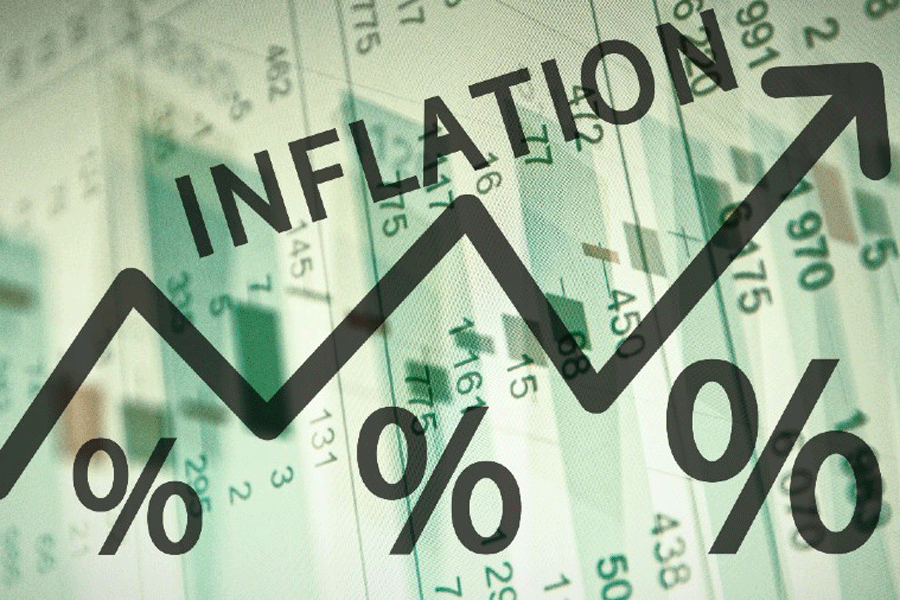That is the broad message that the Reserve Bank of India governor Shaktikanta Das placed before the monetary policy committee (MPC) which met early this month and voted to hold interest rates while sticking to a conservative growth estimate of 7 per cent for the Indian economy in the current fiscal -- ignoring the NSO forecast of 7.3 per cent in its advance GDP forecast put out in early January.
“Monetary policy must remain vigilant and not assume that our job on the inflation front is over. We must remain committed to successfully navigating the ‘last mile’ of disinflation which can be sticky,” Das said, according to the minutes of the MPC meeting which were released on Thursday.
The RBI Governor believes that barring any hiccup, the inflation trajectory will stay downward.
“Inflation is expected to soften further to an average of 4.5 per cent in 2024-25 with a fleeting trough of 4 per cent in Q2. Food price uncertainty remains a major source of volatility for headline inflation outlook. Growing geo-political tensions and supply chain disruptions due to new flash points also pose further risks to the inflation outlook,” Das said.
The vote at the MPC wasn’t unanimous: Prof Jayanth R Varma broke ranks with his peers and voted for a 25 basis point cut in the repo rate from its current level of 6.5 per cent and also wanted to revert to a neutral stand on accommodation – a position that existed before June 2019.
Varma believes that the inflation outlook is fairly benign as it is expected to average 4.5 per cent in 2024-25.
“The current policy rate of 6.5 per cent translates into a real rate of 2 per cent. I do not believe that such a high real rate is required at this stage to drive inflation down to the target of 4 per cent. It is true that economic growth is holding up well, but there is no evidence at all that the economy is overheating,” the external member on the MPC said.
Varma took issue with what he perceived as a pessimistic view about the Indian economy.
“The majority of the MPC worry that the output gap has already closed, and that the projected growth rate of 7 per cent for 2024-25 exceeds the growth potential of the Indian economy. I do not think that such growth pessimism is warranted,” he said.
“Growth pessimism would require one to assume that the pandemic induced a massive permanent scarring of the economy. To the contrary, all indications are that the economy has been quite resilient, and even sectors that were badly battered by the pandemic are bouncing back,” he added.
Most members were not ready to buy Varma’s argument.
“Unfavourable base effects snuffed out a decline in the momentum of food inflation. As winter’s seasonal price softening fades, however, demand-supply imbalances in the food category may show up again; they should not be allowed to negate the gains of monetary policy’s restraint on core inflation,” deputy governor Michael Patra said.
“The outlook for the Indian economy remains highly sensitive to inflation risks. High inflation erodes purchasing power, especially for those least protected against the higher costs of essentials like food,” he added.
He felt monetary policy must remain restrictive and maintain downward pressure on inflation while minimising the output costs of disinflation. It is only when inflation subsides and stays close to the target lastingly that policy restraint can be eased.
(Add from PTI on any other view expressed by the other MPC members)










